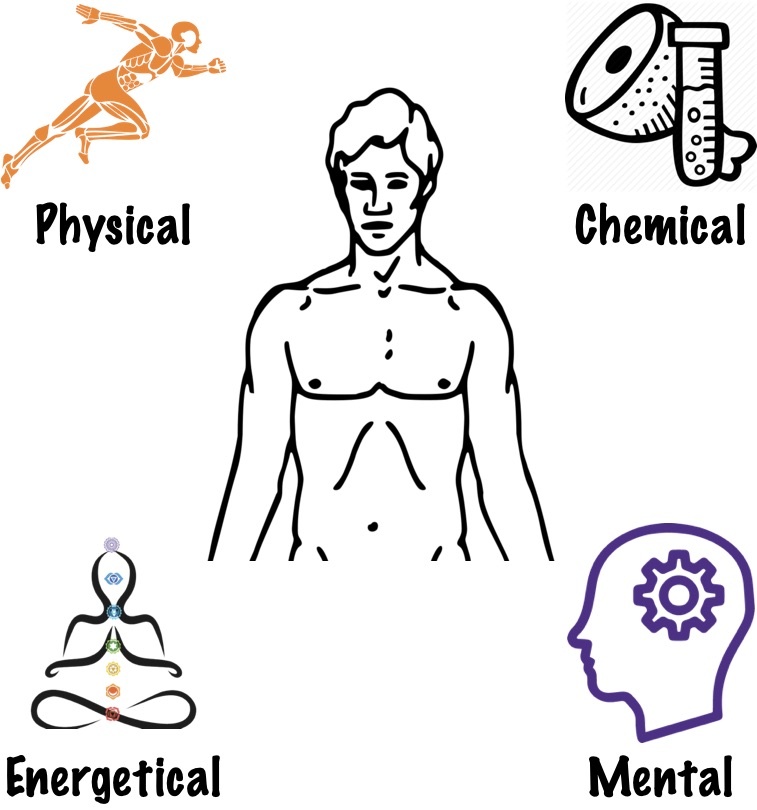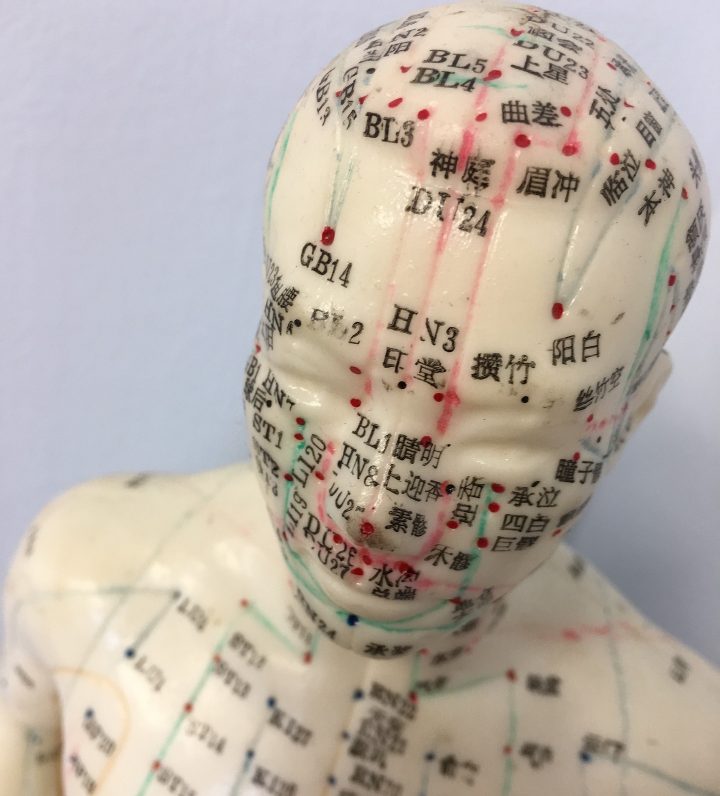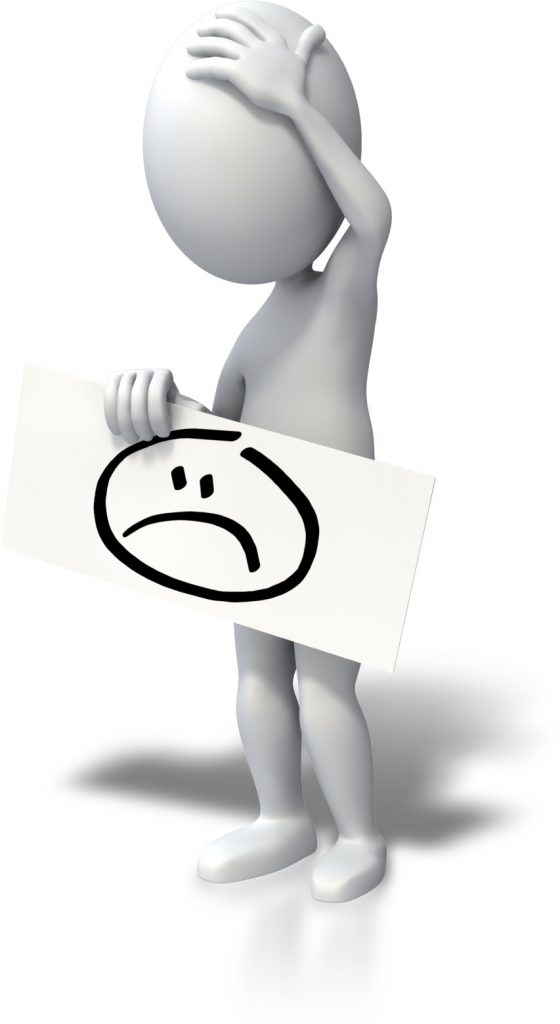A guest blog post written by Simon Lawton (Edited by TASK).
Joy is arguably the most important emotion when it comes to maintaining our wellbeing. The most common emotional stressor that I see among my clients is the absence of joy in their lives. This lack of joy affects more circuits or systems within our body than any other emotional stressor.
Treating the whole body rather than just the ‘symptoms’
One of the many strengths of Kinesiology is that we consider the whole body when looking for the imbalances that may be contributing to diminished health. Taking a whole body approach incorporates 4 aspects: Physical, Chemical, Energetical and Mental.

Physical – the muscles, organs, nervous system, blood and so on.
Chemical – the nutrition that we eat, good and bad, vitamins and minerals and toxins from the environment.
Energy – the flow of energies through and surrounding our body.
Mental – reflects our emotional state of being and the thoughts that we think.
These 4 aspects don’t work in isolation, they work in harmony. Therefore, when one aspect is impeded it is likely to have a knock on effect on the others. Most people understand that chemical stressors such as poor food choices or toxins will impact on the physical body, but few may realise just how our mental state can have similar impacts.
Negative thoughts suppress the immune system
The medical profession readily acknowledges that stress will have a negative impact on the body. However, not many understand how our thoughts and emotions can affect health. Negative thoughts and emotions will literally suppress the immune system. Fortunately, the reverse is true; positive thoughts and optimism can boost our immune system.
The impact of emotions on meridians

Kinesiology treatments employ muscle testing to identify where the body’s imbalances are. Each muscle test relates to a specific energy circuit within the body which nourishes a particular organ. These energy circuits are known as meridians.
Every day we experience emotional stressors and if these emotions are strong enough and are not dealt with they will lodge themselves in the body and start to impede the flow of energy.
Interestingly, different emotions impact different meridians. For example, grief may have a negative impact on the meridians that serve the Lungs and the Large Intestine. Fear may impact the Kidneys and Bladder.
The one emotion that impacts more meridians that any other is a lack of joy. This emotion is related to the Heart, the Small Intestine, the Glandular system, the Circulation and the Sexual Organs.
When muscle testing reveals an imbalance in the body I use gentle questioning of the client to determine the emotions that may be involved. By asking the client to focus on that thought/emotion I can then test whether it is contributing to the imbalance. This allows me to help the client clear the involved emotions and provide a more effective and longer-lasting balance.
Lack of joy is the main emotional stressor
For many of my clients a lack of joy is by far the main emotional stressor. During these sessions I often ask what the client does that brings joy into their lives. Most are able to say what gives them joy, but few seem to find the time to do it. It seems that life just gets in the way.

One client told me that she enjoyed going to exhibitions and there was a particular exhibition that she was keen to visit. I asked what was stopping her from going and she told me that she wanted to visit with her Mum, but her Mum simply wasn’t around enough or they could never co-ordinate their diaries – so she doesn’t go.
I asked whether she’d get the same joy by visiting these exhibitions on her own – she said that she would and I could see that this had not occurred to her. I encouraged her to set aside some time in her diary and go and do it – bring joy into her life.
Another client I saw is a mother of two young children. Before becoming a mother she had plenty of time to enjoy going out, seeing friends and living life to the full. The arrival of the children changed that. Sure, her children brought another kind of joy into her life, but she also found it quite overwhelming as everything now revolved around the kids. I encouraged her to plan to find a means of doing things that were just for her – even if it was as simple as taking a long bath and reading a book, perhaps with a glass of Gin and Tonic; I’m certainly not going to judge.
The importance of planning for joy
The point I am making here is, joy is a very necessary nourishment for our bodies, yet so few of us actually take the time to do the things in life that bring us joy. Often, joy will not come unless we make specific plans to bring it into our lives.
What brings you joy?
Perhaps it going for hikes or cooking, playing an instrument, a hobby or just reading books. Then ask yourself, if I’m not doing these things why not? What is stopping me? What excuses am I making for not doing it?
Whenever we experience joy in our lives it’s usually because it has been planned for, either by ourselves or by others. As a child we may have experienced more joy through activities or events planned by our parents, relatives or our school. As adults, we forget that joy rarely comes into our lives spontaneously – we have to make it happen.
Here are a couple of resources that you may find useful to help you to plan for joy:
Plan for joy, not just for goals
3 tips to get through tough times: A joyful life toolkit
Booking a kinesiology session with you local practitioner

Original post can be found on Simon’s website.
Simon Lawton is a TASK trained Systematic Kinesiologist based in Epsom, Surrey, UK. He is passionate about Kinesiology and loves the way that it directly communicates with the body to identify and rectify the root cause of health issues allowing it to return to its natural state of health.